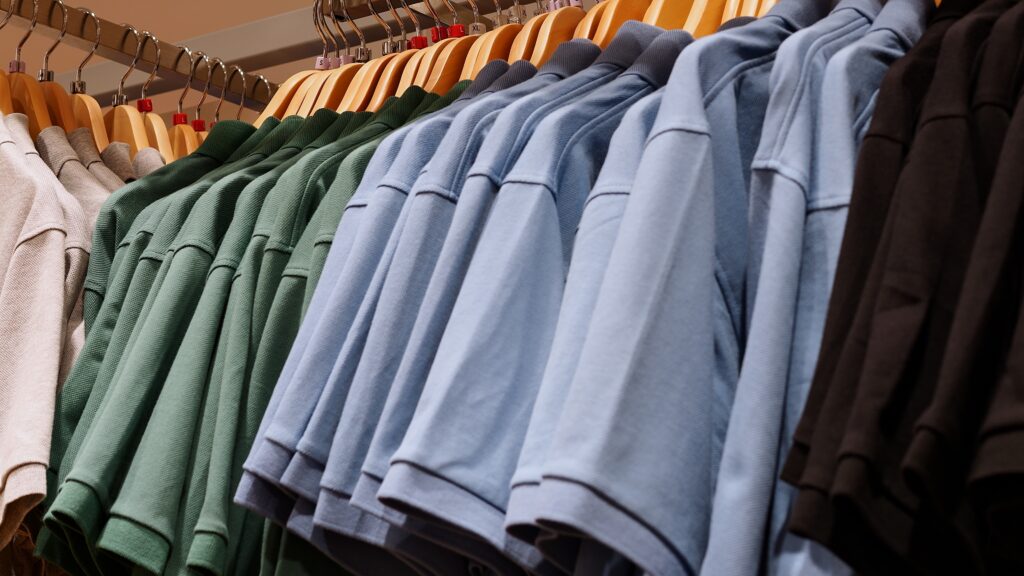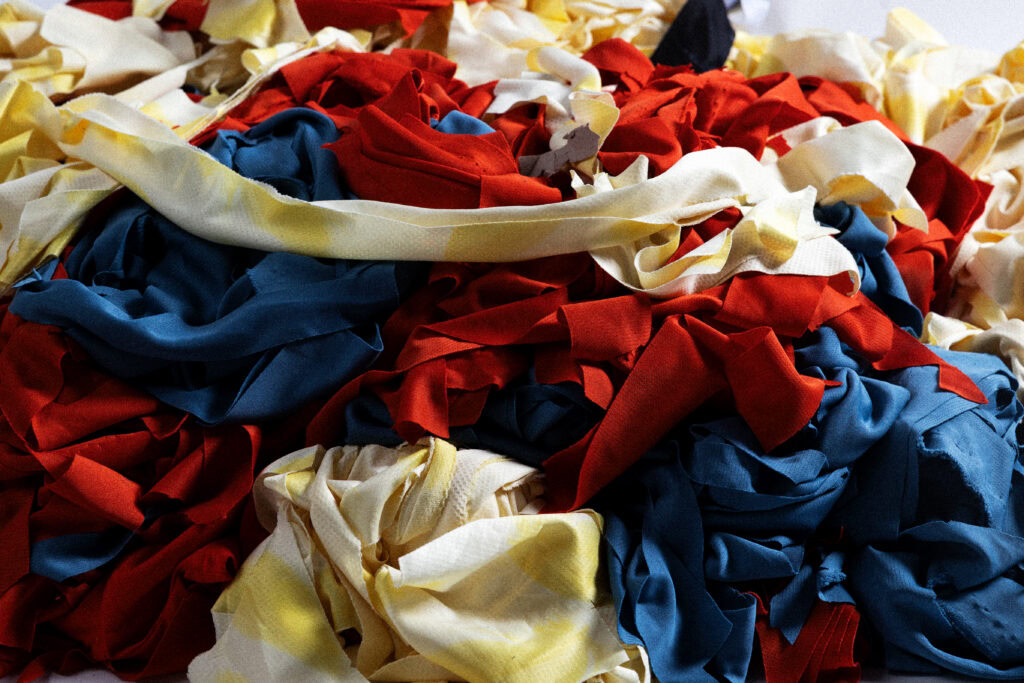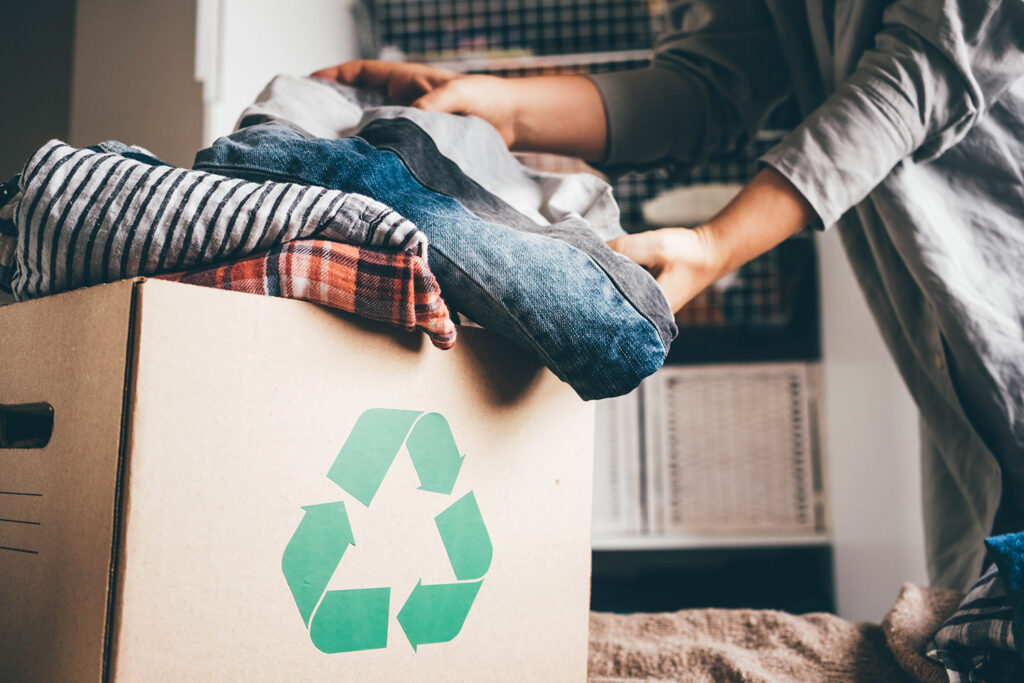The top ten best performing shirts in the study cost less than £15, which outperformed more expensive items costing up to £395.
The research was conducted by environmental action NGO WRAP and the University of Leeds’ Institute of Textiles and Colour (LITAC).
LITAC’s Dr Eleanor Scott said: “If circularity in fashion is to be truly effective, durability must come first.
“Durability underpins the reuse and resale market, as well as keeping our loved items in use longer.
“Crucially, these findings show that durability is not a luxury reserved for the few – it’s achievable at any price point.”
LITAC tested the durability of 47 t-shirts from UK clothing brands, including luxury products.
The t-shirts were subjected to tests of their physical properties and washing using a standard mixed 30°C wash cycle followed by a tumble dry 50 times.
They were then graded for pilling (or bobbling – when small balls form on the surface of an item and the number one reason people dispose of t-shirts), as well as colour fading, shrinkage and general appearance.
The study did not identify the brands of the t-shirts that were examined.
The findings
Other than the conclusions around pricing, the study also found that the more hard-wearing shirts usually had an element of synthetic fibres in their composition, such as polyester, polyamide and elastane.
Cotton t-shirts tended to show more signs of shrinkage than synthetic shirts due to the effects of tumble drying.
However, the research suggests well designed 100% cotton t-shirts can be hard-wearing and good value for money with four of the 10 top garments being 100% cotton.
The report made the following recommendations for those looking to buy durable t-shirts:
- Heavier weight cotton t-shirts tend to perform better than lightweight ones.
- T-shirts with a blend of cotton and synthetic fibres perform well.
- Don’t rely on price to indicate how hard wearing a t-shirt is.
The findings were presented by PhD student Kate Baker to the Product Lifetimes and the Environment (PLATE) Conference in Aalborg, Denmark last week.
Baker said: “This research is another step forward in the road to developing a way of measuring how durable the clothes we wear are.
“Improved clothing durability is critical for the future of circularity and providing the opportunity for people to wear the clothes they love for longer.
“It was an honour to present our work on garment durability at the renowned P.L.A.T.E conference in Aalborg this year.”
UK Textiles Pact
The study forms part of WRAP’s clothing durability project through the UK Textiles Pact.
The pact is a ten-year industry initiative to bring greater circularity into the UK clothing market.
Mark Sumner, WRAP’s programme Lead on Textiles, said: “Most shoppers use price as an indicator of how hard-wearing clothes are ‘the more I spend, the more I’m bound to get out of my purchase’.
2But our study shows this is totally misleading. The most expensive t-shirt we tested cost £395 and ranked 28th out of 47, while a £4 t-shirt was placed 15th.
“The most durable t-shirt cost £28, but the one ranked second worst was £29! So, if you’re judging on price alone – buyer beware.”









Subscribe for free